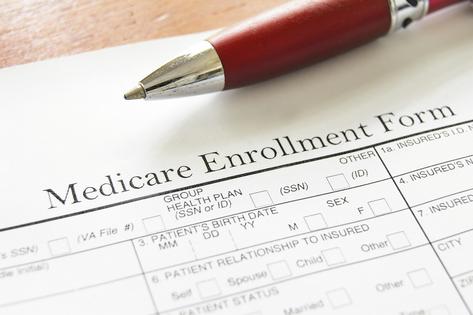Toni Says: Turning 65 with employer health insurance, need Medicare help!
Toni:
I have just enrolled in Medicare Parts A and B because I turned 65 in June. I am still working, and my husband, James, and I are on my employer health insurance plan. I recently received a letter from Social Security saying that I am being charged a much higher premium for Part B because of my 2023 tax return showing higher earnings. Now I am wondering if I made a mistake by enrolling while working.
Can you please explain what one turning 65 with employer benefits should do? Thanks, Toni.
—Tammy from Clear Lake, Texas
Tammy:
I have good news for you, Tammy, because Medicare does allow employees with employer health benefits to delay their (and their spouse’s) Medicare Parts A (hospital insurance) and B (medical insurance) enrollment without penalties when enrolling at a later date. Delaying does require having employer group health coverage through your or your spouse’s employer. Since you do, Tammy, I would advise terminating your Part B immediately by filing form CMS 1763.
With that in mind, what does Medicare define as employer group health coverage?
On page 19 of the 2025 Medicare & You handbook, it explains that having employer or union health coverage while working full-time for that specific employer qualifies the employee to delay their Medicare. If you are in this situation, then you can delay Medicare Part A and/or Part B for the working health-covered individual and their non-working health-covered spouse.
On the other hand, COBRA and retiree health coverage do not count as current employer coverage, according to the Medicare handbook. If you have this type of health insurance coverage, you are not going to be able to delay your Medicare Part B. (Chapter 1 of my Medicare Survival Guide Advanced edition explains how to enroll in Medicare at the right way at the right time.)
Most individual health plans, such as those through the Health Insurance Marketplace, will not fall under acceptable health insurance coverage. Let me repeat: Individual and retirement health insurance plans are not current employer coverage for those who are self-employed or retired.
A Working Spouse: Does It Matter? What if you have a working spouse and receive your health insurance coverage from their employer? If the working spouse is providing health insurance benefits from their employer group health coverage, as I previously mentioned, then one may want to delay enrolling in Medicare Part B when you or your spouse (who may be the working spouse) retire, to keep from receiving a Medicare penalty when enrolling in Medicare using the Special Enrollment Period past age 65.
You may continue to work either part-time or as a self-employed individual, taking advantage of the coverage provided by your spouse. I want to point out that some companies may ask that you enroll in Medicare once you are eligible, regardless of whether your spouse continues to work for the company. Therefore, it is important to check with your spouse’s Human Resources Department to determine whether, once you’re 65 or older, you are still able to have health care coverage under a working spouse.
Toni King is an author and columnist on Medicare and health insurance issues. She has spent nearly 30 years as a top sales leader in the field. If you have a Medicare question, email info@tonisays.com or call 832-519-8664. Sign up for the Toni Says newsletter at www.tonisays.com to keep up to date on Medicare changes.
©2025 Toni King. Distributed by Tribune Content Agency, LLC.
Copyright 2025 Toni King, Distributed by Counterpoint Media












Comments